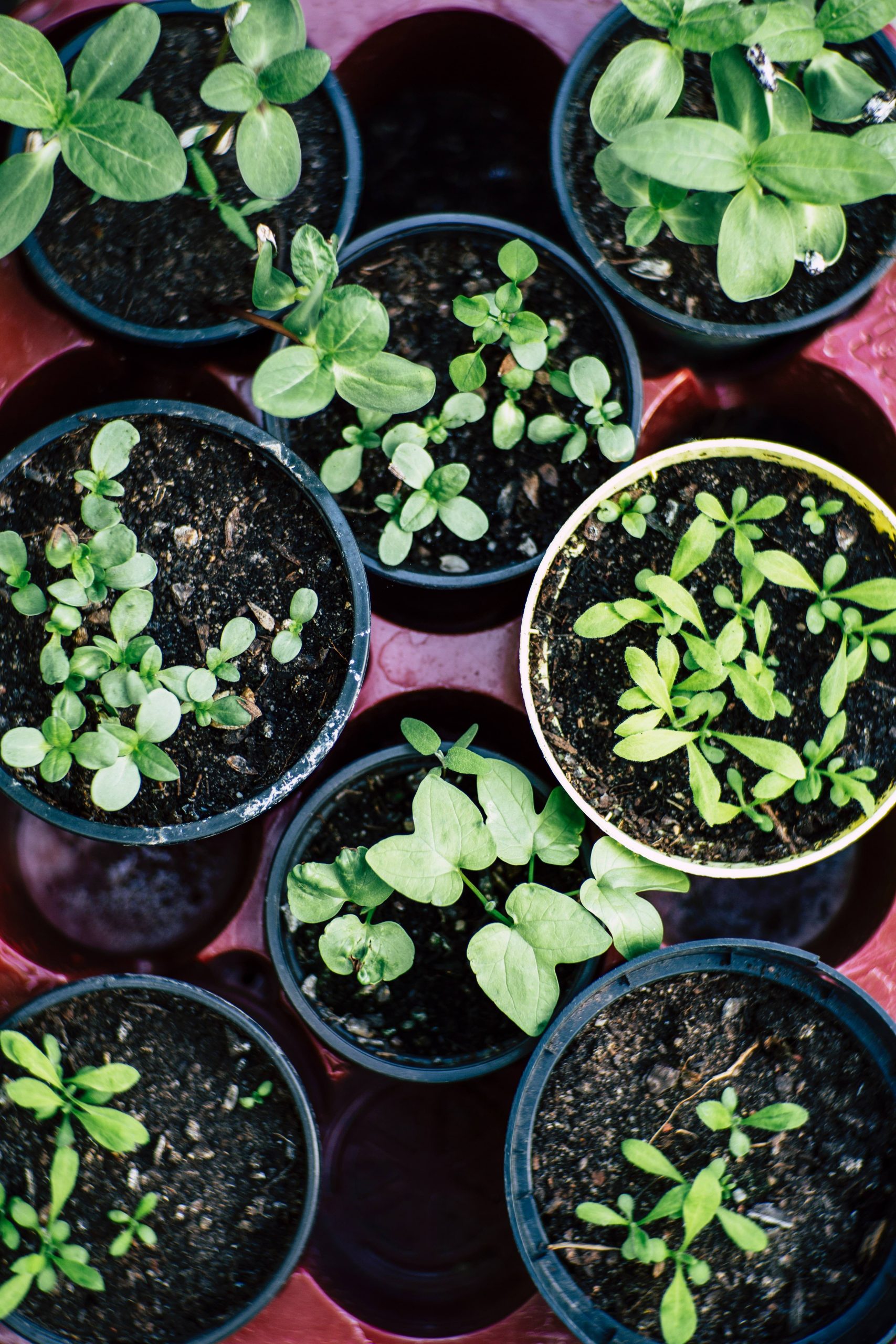With COP 28, the UN’s Climate Change Conference set to take place in Abu Dhabi this November, more and more Middle Eastern businesses are making sustainable changes.
From creating water from air to zero-waste kitchens and vegan ice cream, here are seven regional sustainable businesses who are striving to preserve the environment for future generations.
Avvai
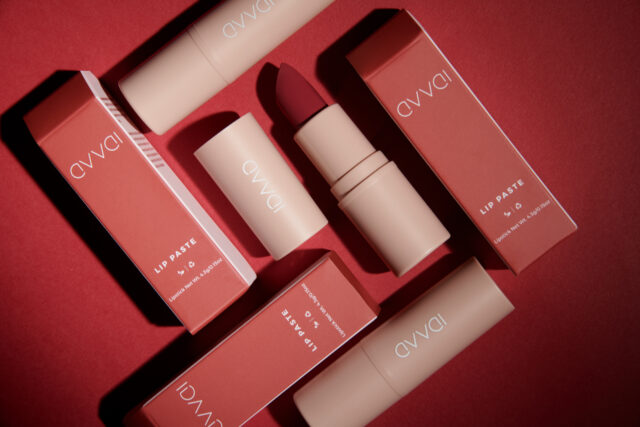
When companies make false claims or exaggerations about sustainable and eco-friendly aspects of their products in order to attract customers, it’s called greenwashing. But, when UAE-based beauty brand Avvai says that its products are clean, natural, vegan and cruelty-free, they have the information to back it up.
Built on transparency and a desire to demystify the concept of ‘clean’ beauty, the Avvai website lists the names and origins of all the ingredients used in the company’s products. As part of their efforts to educate, users can browse through two lists: #AvvaiApproved and #AvvaiAvoids.
Created with the help of chemists, scientists and industry experts, Avvai’s unique formulas feature natural ingredients such as shea butter, candelilla wax and macadamia oil. Specifically designed for a local audience, the UAE-made products can withstand temperatures of up to 50 degrees Celsius, and all the packaging is completely recyclable. The best-selling Lip Pastes come in boxes made from 100 percent PCR (Post Consumer Recycled) plastic, and the box is designed to be reused, too.
Avvai co-founder Shivani Phulwani, says: “Our products that are formulated with safe, non-toxic, and environmentally friendly ingredients, and ones that are free from harsh chemicals, synthetic fragrances, parabens, and other potentially harmful substances. We prioritize using natural, organic and plant-derived ingredients that benefit the skin, and we don’t add any ‘fragrances’ as these are normally created with chemicals, too.”
Banan Beach

City living can leave UAE residents craving something a little bit more raw, authentic and natural, and Banan Beach campground in Ras Al Khaimah is the perfect antidote. Beautifully boho and hippy-esque, it provides a welcome break from marble floors and crystal chandeliers, shopping malls and commuting. It’s an invigorating breath of fresh air and sustainability runs through its core.
Rustic, unpolished and beautifully boho and hippy-esque, all the structures and buildings are handmade out of repurposed materials. This includes items as varied as scaffolding, railroad sleepers, old blankets and unwanted furniture that otherwise would have gone to landfill.
Decorated with striking street art, hammocks, bean bags, the look is completed with a mini library and a fashion boutique filled with up-and-coming Arabic and Palestinian fashion brands. Guests are encouraged to cook for themselves in the communal barbeque area (complete with Bedouin-style underground zarb cooking pits), or eat at the in-house restaurant, where all the dishes are made from predominantly locally sourced ingredients.
Eshara Water
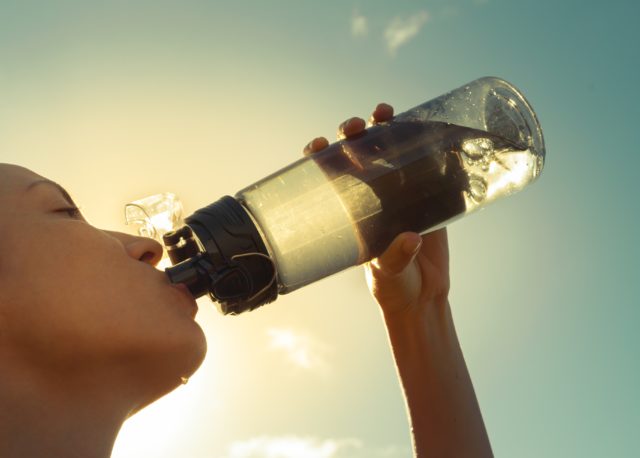
Offering year-round solar power and famously vast supplies of natural oil and gas, the UAE is relatively abundant in natural resources. However, our water reserves are running dangerously low. UNICEF lists MENA as the most water-scarce region in the world, and the UAE as one of the driest countries on the planet. But, hope is on the horizon. New technologies have made it easier than ever for households and companies across the UAE to do the extraordinary, and create water out of thin air – literally.
It might sound too good to be true, but the practice of pulling water from the sky is now more commonplace than you might think. Abu Dhabi-based Eshara Water is the first UAE-based company to manufacture its own range of Atmospheric Water Generation machines (AWGs). Eshara’s largest machine has the capacity to produce 1,000 liters of clean and mineralized water per day. Around 25 are currently in use across the Middle East, Asia and Europe, including at the Fairmont Bab Al Bahr. The Abu Dhabi hotel installed four Eshara AWGs and its own back bottling plant back in March, and it now produces 4,000 liters of purified water per day. This water is dispensed into reusable glass bottles and used across all the hotel’s rooms and function spaces.
Anthony O’Conner, global sales director at Eshara Water, notes that the UAE has the perfect climate for turning air into water.
“The more humid it is, the easier it is for us to make water. Countries like the UAE might have very low natural resources of water, but they have a whole ocean in the sky that we can pull water from. We are very fortunate to have the perfect conditions here for making water, and now we have the best technology to help us do so. By focusing on efficiently utilizing the water that we have right above us, we can preserve the UAE’s natural resources that are depleting so quickly.”
Eshara Water also offers small indoor models for homes and offices.
Indulge Thyself
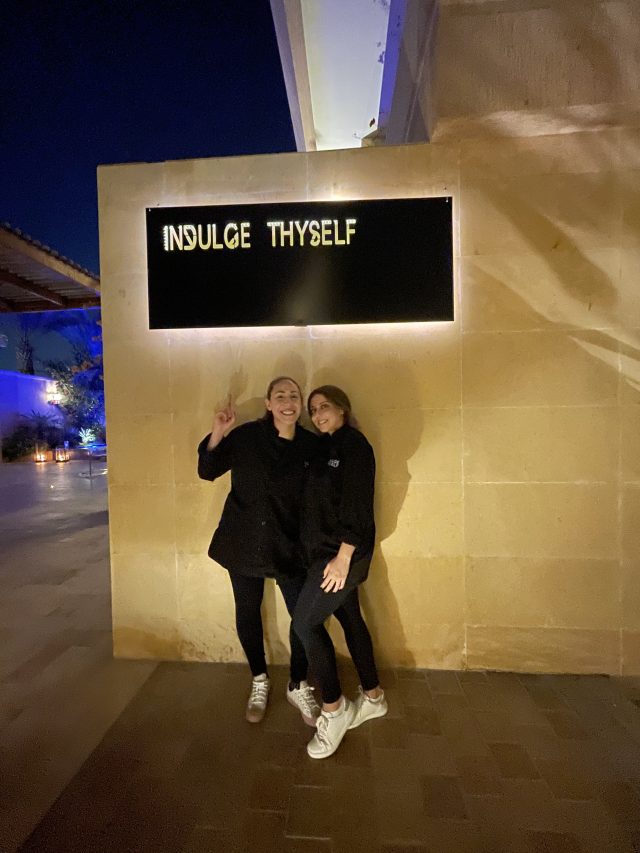
As of 2021, Saudi Arabia’s Ministry of Environment, Water and Agriculture has estimated that food waste costs the Kingdom US$10.6 billion annually. A nationwide field study conducted by the Saudi Grains Organization showed that the waste generated per person, per year averages a staggering 84kg of food each year.
This is what drives Hawazen Zahra and Yasmin Hamza, two keen sustainability advocates and the food lovers behind Indulge Thyself, Saudi Arabia’s first zero food waste, plastic-free fine dining experience. As renowned consultants to the F&B industry, they are also helping to advise other restaurants on how they can operate more sustainably
Their approach is farm-to-table and head-to-tail cooking methods, using 95 to 98 percent of all the produce purchased and composting anything left over so that it gets turned into plant fertilizer. Based in the coastal city of Jeddah, Yasmin also uses her Instagram account to share methods for using food items that most would simply throw away.
Lowe

As the UAE’s first ever recipient of the Michelin Green Star, awarded by the prestigious global gastronomy guide in summer 2022, Lowe in Dubai is one of the undisputed jewels in the crown of environmental restaurant practices in the Emirates. Australian Kate Christou has cultivated a neighbourhood favourite in Al Barari, attracting diners from far and wide — notably for its Waste Not series of supper clubs. Menus include dishes like herb stem and prawn tortellini and meat-trim kofta and are designed to highlight leftover produce that might usually be destined for the garbage. Lowe has also banned single-use plastic since first opening in 2017, and it uses only compostable and recyclable packaging.
Nabati
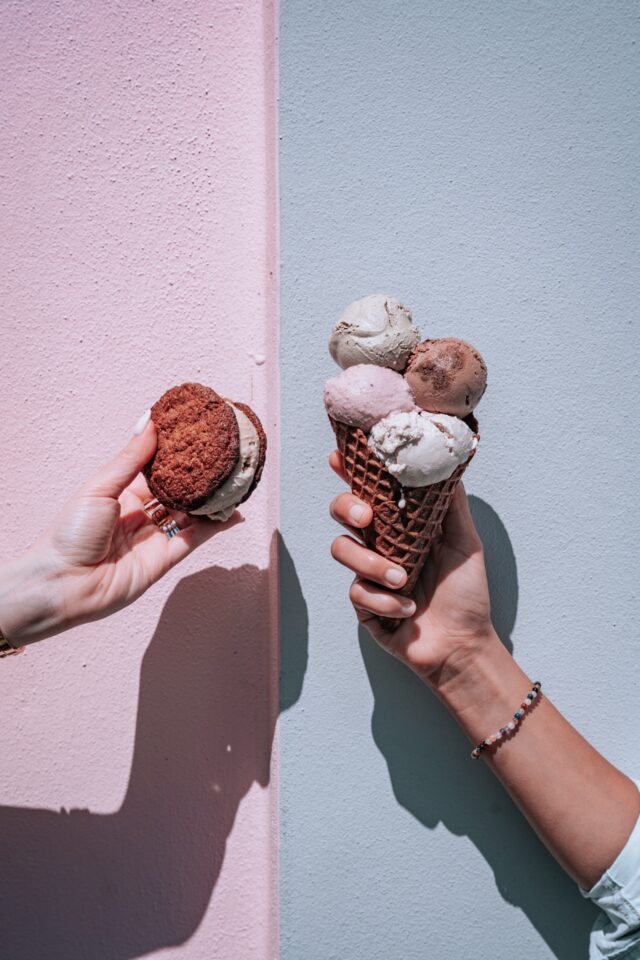
At Nabati, the Saudi Arabian, vegan ice cream brand, everything is made from scratch, including the butters and flours. All the packaging is completely eco-friendly and features no plastic, and customers who bring their own container get a discount.
Typical ice cream has three ingredients — milk or cream, egg yolks and sugar. But Nabati ice cream is made from a cashew and coconut milk base, sweetened with dates, maple syrup and coconut sugar, and available in a range of flavors including lavender and blueberry, Arabic coffee, and salted caramel. Ultimately, founder Ola Kayal has her sights set on a Michelin Green Star and soon she will open her first fully-fledged restaurant in Jeddah.
She says: “I am calling it a ‘conscious eatery’ and it will be the first plant-based, sustainable concept in Saudi Arabia. My goal is to send a message, to impact and change the way people think about food and what they eat. It’s almost impossible to be completely zero-waste, but I’m trying to initiate a composting system and I’ve found forward-thinking people here who are investing in organic farms too. I want to bring the sustainable food movement to Saudi Arabia and be a pioneer here in establishing that plant-based food can be delicious. My goal is not to get people to be 100 percent plant-based, just to be a bit more plant-based so they can feel better physically and know that their food consumption is more sustainable.”
Sprout

Sprout, the homegrown kids’ food delivery service, brings an entirely plant-based and wholefood-focused approach to children’s nutrition. Spanning biryanis, curries, breakfast items, baby meals, sauces, snacks and even homemade popsicles, absolutely no meat, fish, cheese, yoghurt, butter or any other animal products are used in any of the sustainable dishes. Perhaps best of all, everything is delivered in reusable glass jars that are then collected, washed and reused.
